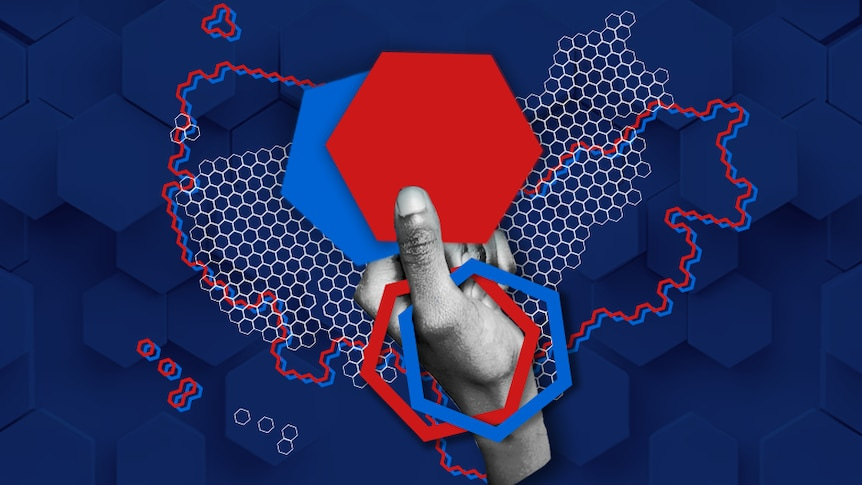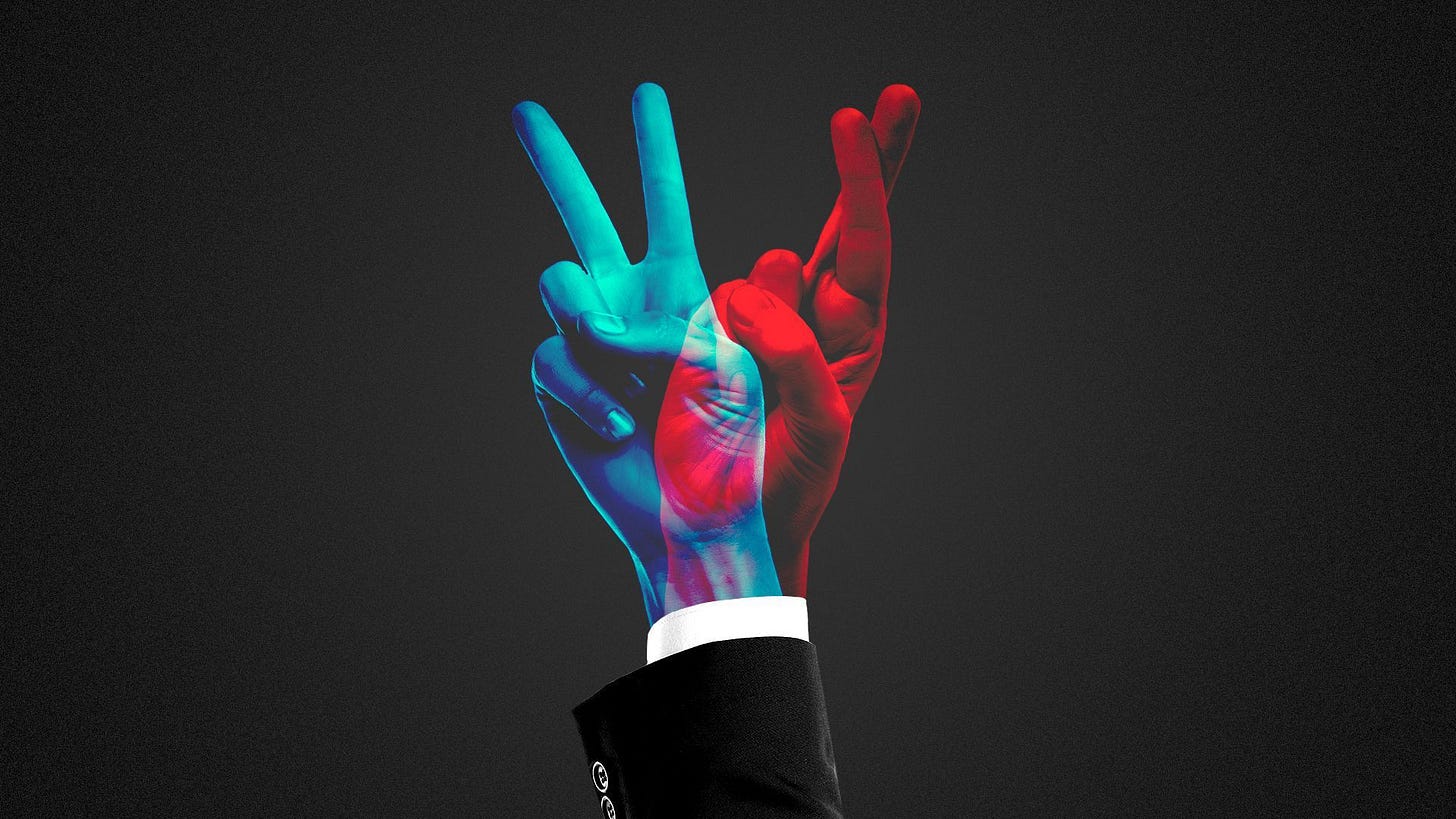Why Are People Voting Republican Despite Wealth Inequality?
The paradox of voters supporting Republican candidates, often perceived as favoring policies that exacerbate wealth inequality, lies in a complex interplay of cultural, economic, and historical factor
While Democrats are widely viewed as the party of wealth redistribution and social programs, their messaging and structural challenges often fail to resonate with economically struggling voters. Meanwhile, Republicans have successfully mobilized cultural, identity-driven, and anti-elite sentiments to garner broad support, even among those most affected by inequality.
1. Economic Frustration Meets Cultural Identity
Republicans have effectively shifted political discourse away from economic policy to cultural and identity-based issues, a strategy that resonates with many voters.
Focus on Cultural Grievances
Economic vs. Cultural Appeals: Many working-class voters see Republicans as defenders of traditional values, national pride, and personal freedoms, while perceiving Democrats as overly focused on progressive causes like race, gender, and climate change.
Cultural Resentment: The Southern Strategy and its legacy have entrenched cultural grievances among voters, intertwining racial and economic anxieties. Republicans position themselves as protectors of "traditional America" against perceived threats from globalization and multiculturalism.
Nationalism and Populism
Populist Rhetoric: Leaders like Donald Trump frame their campaigns around anti-globalist, nationalist ideals, appealing to voters who feel left behind by global trade and technological shifts.
Anti-Elite Messaging: Republicans channel frustration with perceived elite dominance, portraying Democrats as out-of-touch with rural and working-class concerns.
2. Distrust in Government and Democrats’ Credibility
Economic inequality has led to widespread disillusionment with government institutions, undermining the Democratic Party’s credibility.
Failure to Deliver on Promises
Unrealized Reforms: Despite advocating for wealth redistribution and higher taxes on the wealthy, Democrats often face legislative roadblocks or prioritize other issues, frustrating voters who feel neglected.
Apathy Among the Disadvantaged: Many economically struggling voters feel that neither party represents their interests, leading to disengagement or a preference for disruptive figures like Trump.
Perception of Hypocrisy
Elitist Image: Some voters see the Democratic Party as representing coastal, urban elites disconnected from the struggles of rural and working-class Americans.
Policy Limitations: Efforts like the Affordable Care Act and stimulus programs, while beneficial, are often viewed as insufficient to address systemic inequality.
3. The Republican Appeal to Economic Populism
While Republican policies often favor the wealthy, their framing of economic issues resonates with voters disillusioned by globalization and automation.
Blame on Globalization
Outsourcing and Job Loss: Republicans capitalize on anger over deindustrialization, blaming global trade agreements and immigration for economic struggles.
Anti-China Rhetoric: Framing China as the main economic adversary aligns with broader nationalist themes, appealing to voters who feel economically marginalized.
Simplified Economic Narratives
Tax Cuts as Empowerment: Republican tax policies are framed as empowering individuals and businesses, even though they disproportionately benefit the wealthy.
Distrust of Redistribution: Many voters distrust government intervention in wealth redistribution, associating it with inefficiency or corruption.
4. Historical Context: The Southern Strategy
The realignment of political loyalties in the South provides historical context for the Republican Party’s success in appealing to economically disadvantaged voters.
Exploiting Racial and Regional Tensions
Post-Civil Rights Movement: The Southern Strategy capitalized on white voters’ resentment toward civil rights advancements, linking economic struggles to racial and cultural changes.
Shifting Alignments: By positioning themselves against perceived liberal overreach, Republicans solidified their dominance in the South, framing Democrats as elitist and culturally detached.
Lingering Effects
Economic and Racial Narratives: Republicans continue to weave narratives that connect economic discontent with cultural and racial anxieties, reinforcing their base of support.
5. Emotional Connection and Messaging
Republicans have outperformed Democrats in emotionally resonant messaging, which often outweighs policy substance in voter decisions.
Emphasis on Individualism
Personal Responsibility: Republicans champion individualism and self-reliance, resonating with voters who feel disempowered and skeptical of government solutions.
Freedom vs. Regulation: Framing Democrats as proponents of overregulation bolsters Republican support among small business owners and rural communities.
Appealing to Anger and Fear
Scapegoating Elites and Immigrants: By attributing economic struggles to external forces like global elites, immigration, or liberal policies, Republicans tap into voters’ frustrations.
Rhetoric of Threats: Republicans present themselves as protectors against existential threats, from cultural shifts to perceived government overreach.
6. The Role of Identity Politics
Identity politics plays a critical role in why voters prioritize cultural alignment over economic self-interest.
Racial and Religious Identity
Racial Divisions: Republicans use identity politics to appeal to white voters, emphasizing issues like immigration and affirmative action as threats to economic opportunity.
Religious Conservatism: For many voters, issues like abortion, school prayer, and LGBTQ+ rights outweigh economic concerns.
Tribalism and Loyalty
Partisan Alignment: Strong tribal identities drive voters to align with parties that reflect their cultural and ideological values, even at the expense of economic self-interest.
7. Conclusion: The Complex Dynamics of Voting Behavior
The disparity between economic realities and voting patterns reflects the complexity of American political dynamics:
Cultural Dominance: For many voters, cultural and identity-based issues outweigh economic considerations.
Distrust in Democrats: Perceived failures to address systemic inequality and a disconnect with working-class voters undermine the Democratic Party’s appeal.
Republican Messaging: By framing themselves as champions of traditional values, individualism, and anti-elitism, Republicans capture the frustrations of economically disenfranchised voters.
Addressing wealth inequality alone will not shift voter behavior without effective messaging, credible policies, and a deeper connection to the cultural and identity-driven concerns that dominate American politics.



